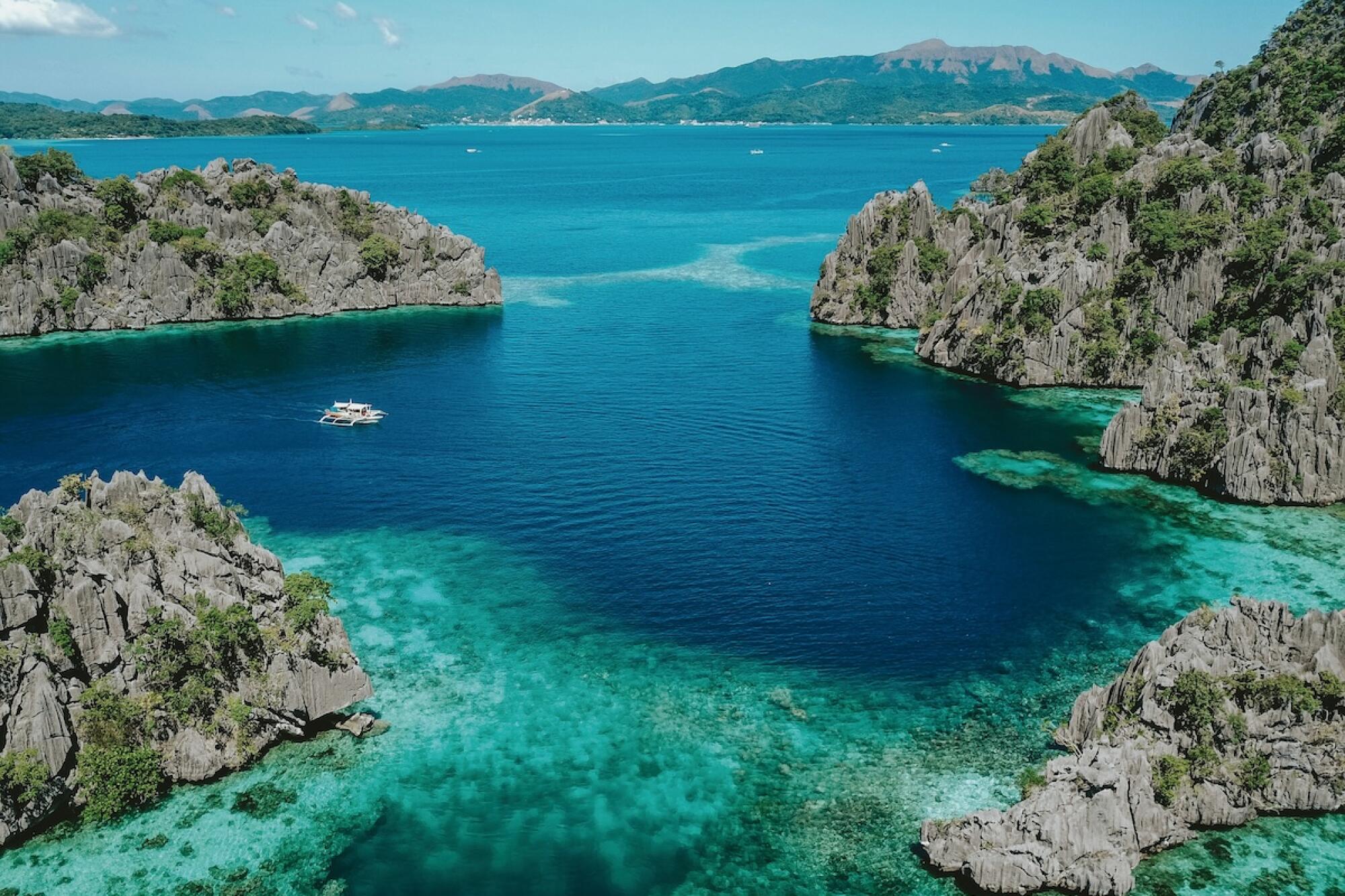
New international investments and an ambitious plan to reimagine the industry focused on sustainability and service, are bringing about a new era for tourism in the Philippines.
- Share via
As part of the new administration’s goal of making the Philippines a key player in the global economy, the tourism industry is gearing up for fundamental change. In charge of this transformation is the Department of Tourism, which has already set out an ambitious plan based on the premise that the sector cannot limit its activities to promotion alone but must develop the pillars that can make the Philippines a tourism powerhouse in Asia.
“We are working on seven objectives that we laid out in consultation with stakeholders from the public and private sector in the country and around the world, ”explains Department Secretary Maria Christina Frasco.
While the Department focuses on these objectives, promotion is in the hands of the Tourism Promotions Board, tasked with attracting new visitors to the country, and now focusing its efforts on promoting the world-class talent and creativity of the Filipino people, its rich and diverse culture that make it not only a nature destination but a unique cultural experience.
“We work closely with our indigenous communities,” explains Board COO Maria Margarita Montemayor, “and through fairs and trade shows we showcase their exquisite artistry and craftsmanship to the world”. In this way, she explains, their work aligns with the efforts of the Department, enriching the experience of travelers and expanding the kind of touristic products that can foster organic and sustainable growth in the country.
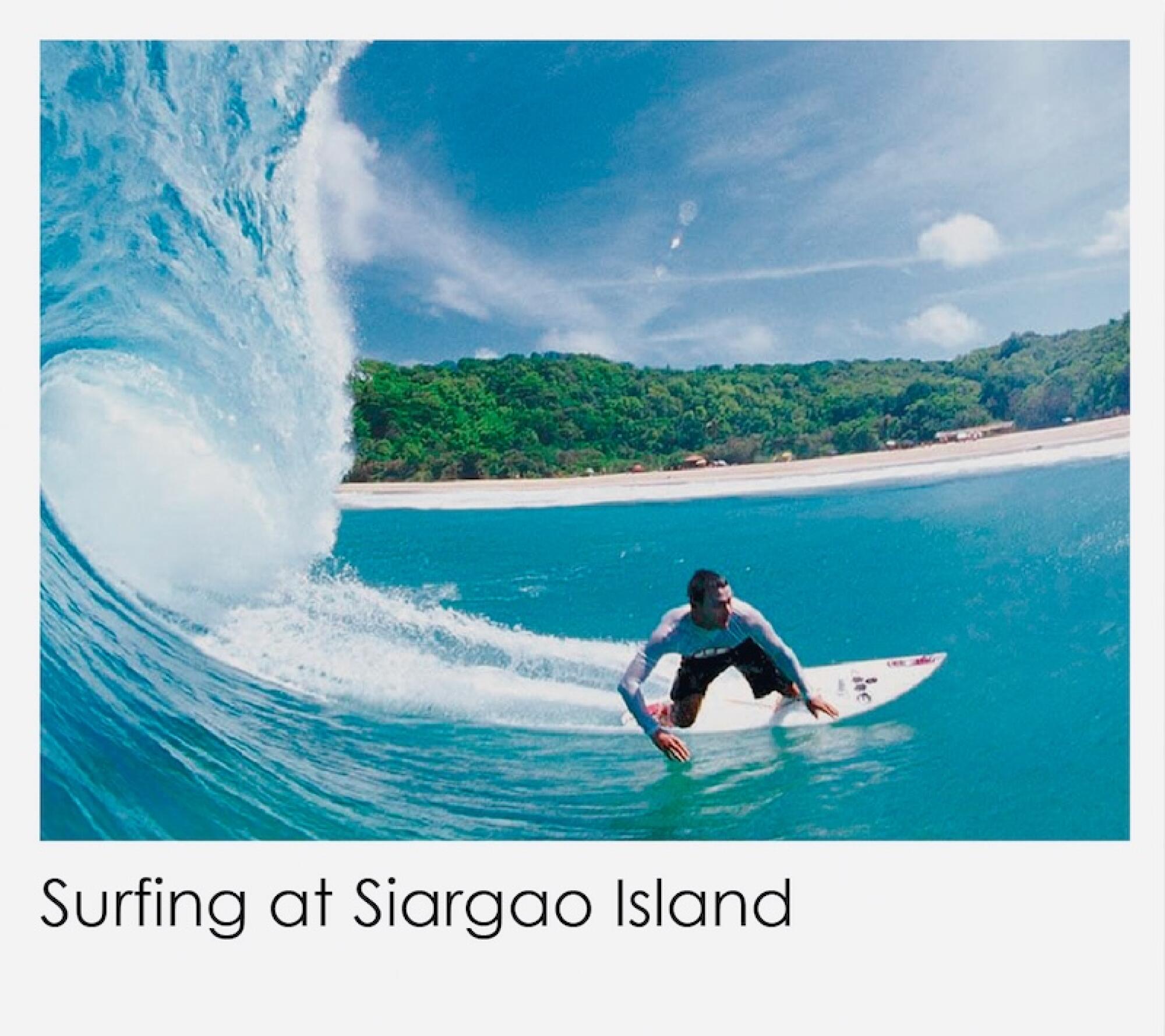
Playing a key part in this transformation is Rajah Travel Corporation, voted Best Filipino Travel Agency 11 times in the last 21 years. “We are always at the forefront of change, we cause the change and we lead it,” says Chairman and President Aileen Clemente. Indeed, their innovative efforts have helped diversify and modernize not only their own company but the industry as a whole, and today they continue to develop a varied offer of travel experiences and services, as well as collaborative projects. On the one hand, Rajah Travel currently counts different brands adapted to all budgets and preferences, from a high-end product offering luxury suites and villas, customized tours and VIP access to the country’s best hotels and resorts, to budget options, offering flexible and easy arrangements so travelers can organize their own adventures.
On the other hand, Rajah Travel has diversified into a wide variety of tourism-related services such as corporate travel management, meeting & events management, documentation services and tourism-site management and consultancy for emerging hotels and resorts. They also count on a travel academy that offers mentorship programs to local students, and their recent Tourism Knowledge Center, a digital one-stop shop developed together with several governmental units to provide key travel and tourism information that can improve business planning, product development, intelligence and marketing of local enterprises, as well as advance statistical research.
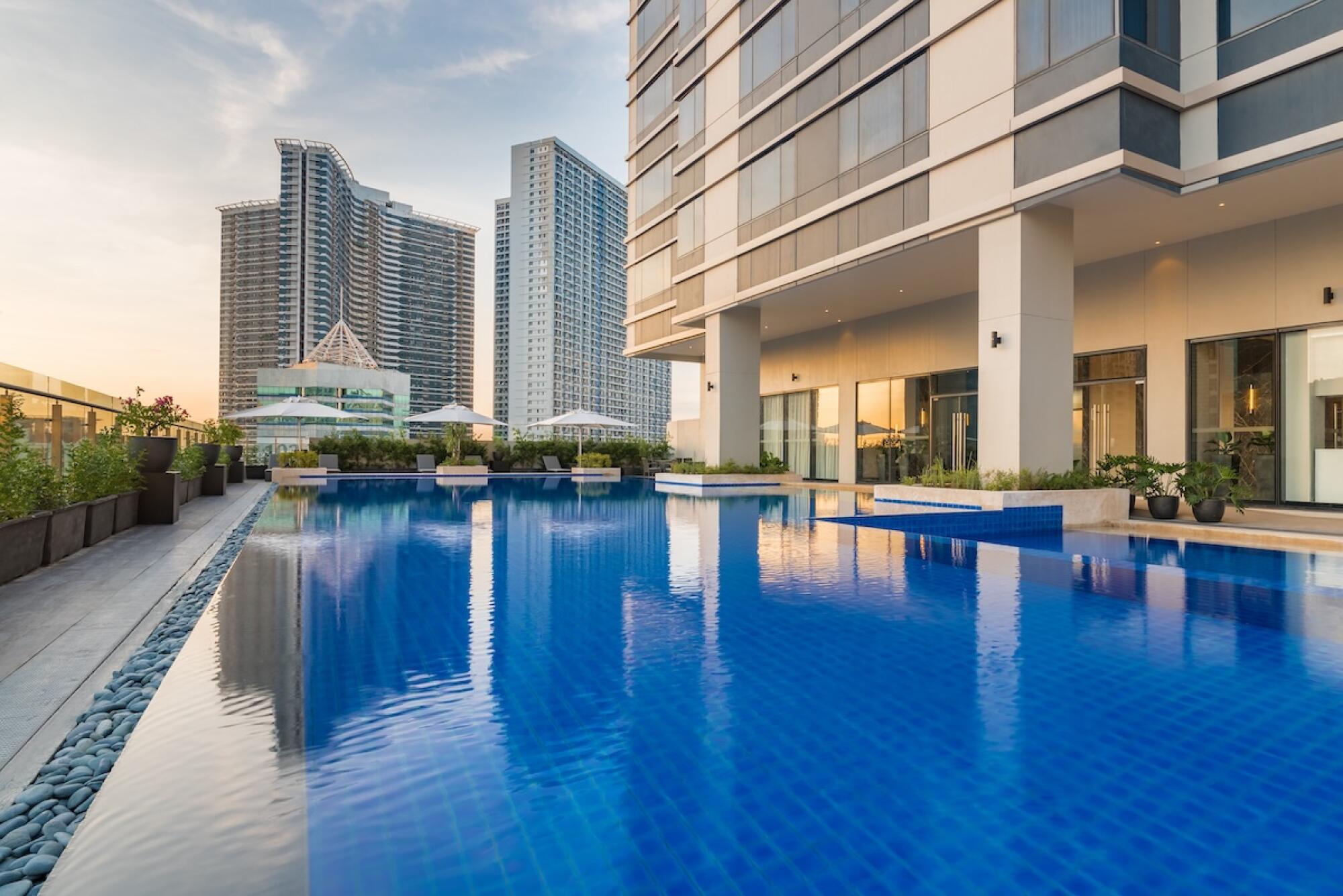
Among the beneficiaries of such services is certainly Seda Residences. At the heart of bustling Makati, known as the financial centre of the metropolitan Manila region, hospitality giants Seda Hotels have opened Seda Residences Makati, designed to accommodate longer-term visitors to the city. “Our philosophy is to be the home of Filipino hospitality,” says Director of Sales & Marketing Donna Villarin, for whom the Residences supplied a much-needed gap in availability.
Offering deluxe studios and two and three-bedroom serviced apartments with fully equipped kitchens and working spaces, Seda Residences Makati offers guests all the comforts of a hotel, from room service to restaurants and gym, including unparalleled views from the 19th floor “Sky Lobby” or the 35th floor deck bar. While valuing privacy, all focus is put on service quality, and according to Villarin, this is the company’s strongest suit. “We call it malasakit, a kind of empathy that makes us Filipinos go the extra mile when taking care of others,” she explains, “and we capitalize on this aspect of our culture to make sure our guests get the best care available”.
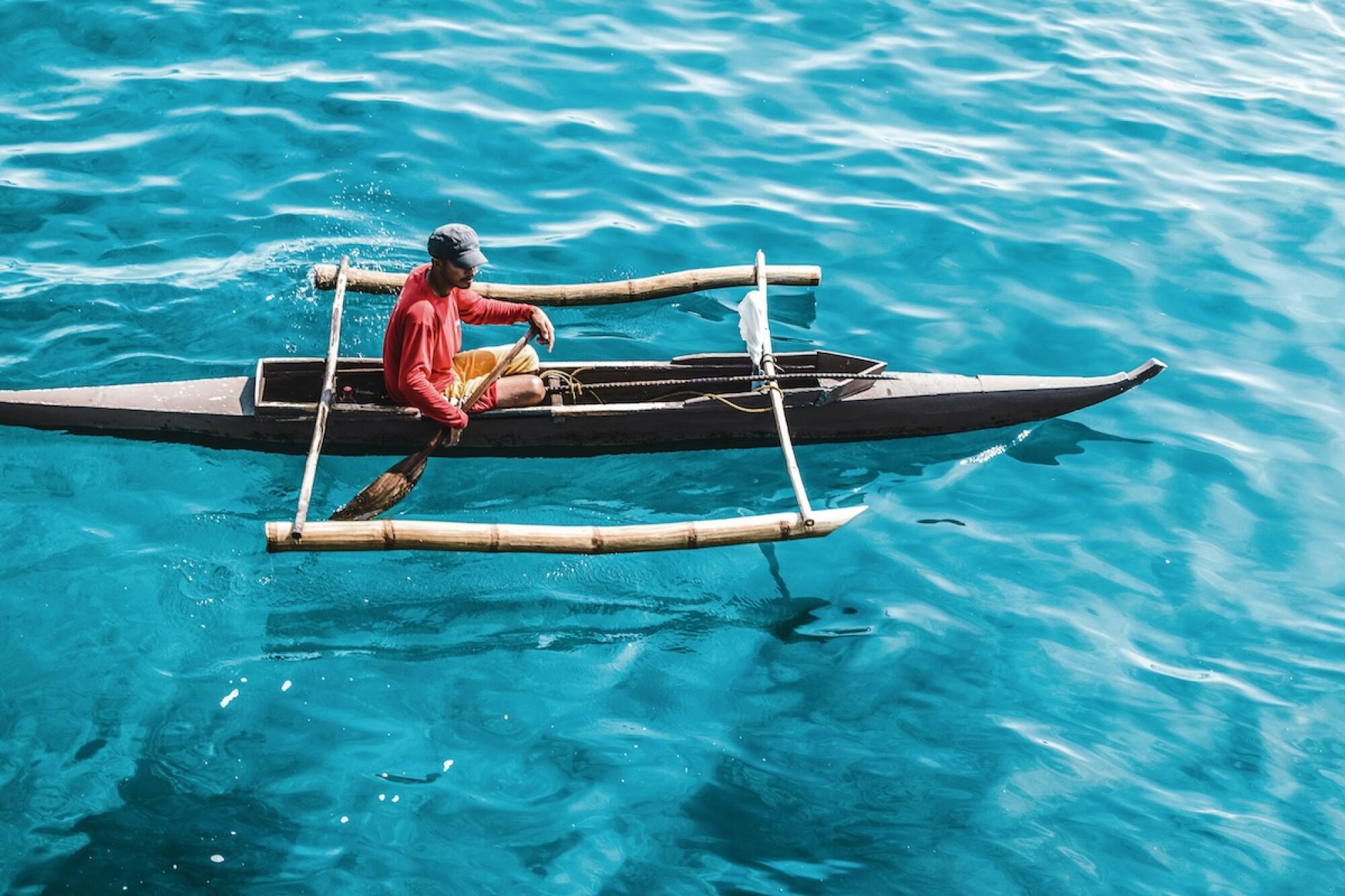
Similarly, in Boracay Island, the Movenpick Resort and Spa is making waves. Named Philippines’ Leading Beach Resort finalist at the 2024 and 2023 World Travel Awards, it is situated along an exclusive 150-meter stretch of beachfront at the sunset hotspot, northwest of Boracay. The premium resort, famed for its Chocolate Hour, offers top-notch facilities from spa to kid’s club, multiple dining venues, gym, water sports, and is home to the island’s largest multi-level swimming pool. It boasts a distinctive tropical landscape, making it a popular choice among Filipino-America families looking to indulge in pure island bliss.
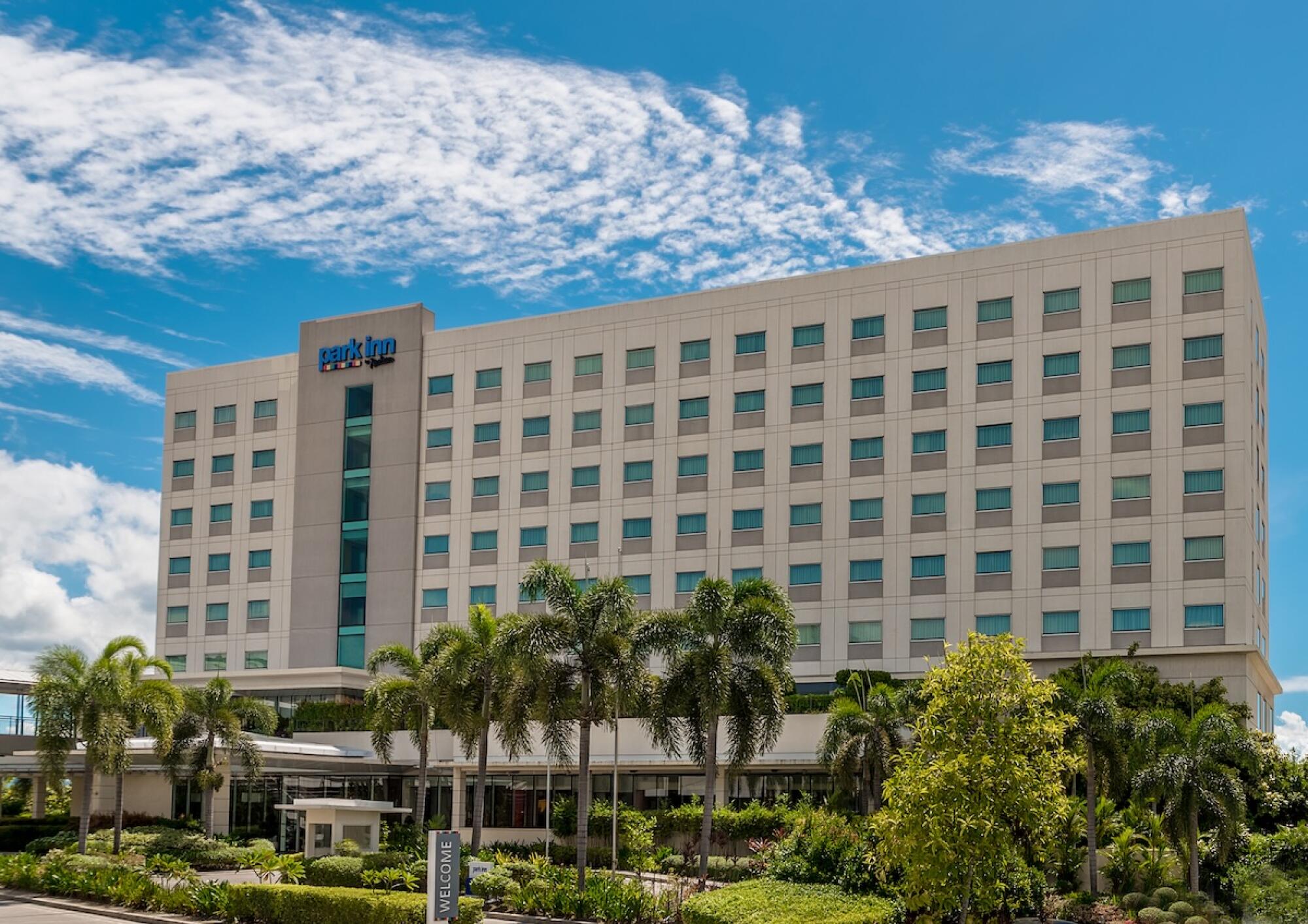
Over in Davao City, setting hospitality standards is the Park Inn, by Radisson, which is celebrating its 10th birthday as the first international chain hotel in the Asia Pacific region. “I always say it’s not about the product,” explains General Manager Sven Toune, “it’s about how you communicate with guests.” In fact, the hotel’s focus on providing excellent quality services seems to be the secret recipe that has made the Park Inn stand out among competitors.
With 13 daily flights into Davao domestic and international, the hotel is increasingly welcoming leisure guests drawn by the city’s touristic attractions, be it the gorgeous beaches and natural springs of Samal Island, located right across Davao Gulf and linked by ferry, or the rich cultural history of Mindanao region, brilliantly showcased in the Museum of History and Ethnography of the city, covering over 4000 years of history.
And after a long day out, be it working, exploring, or going on a shopping spree, visitors to Davao are happy to have chosen the Park Inn as their home away from home. According to Toune, the secret is the effort they put in making the service feel personal: “There is no hospitality like Filipino hospitality, believe me,” he concludes with a smile, “it is what brought me here form Belgium and the reason I enjoy my work”.